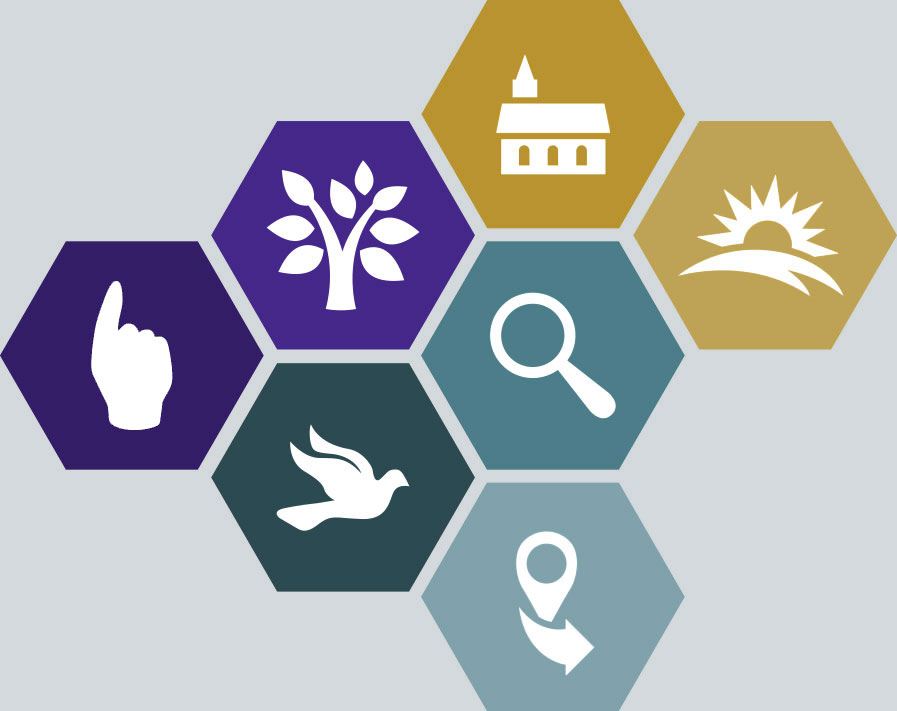Mobilizing Local Resources
In the midst of a very severe trial, their overflowing joy and their extreme poverty welled up in rich generosity. For I testify that they gave as much as they were able, and even beyond their ability. Entirely on their own… – 2 Corinthians 8:2-3
God has not abandoned local churches and communities. He has gifted even the poorest with resources. We encourage people to discover and use those resources for God’s glory.

Why Mobilize Local Resources
Giving is commanded many times in the Bible, and the call to give is never limited to those who have “extra.” While not everyone can give money, even the most vulnerable people can give something. God has given every person, church, and community valuable resources, along with a mandate to give generously for His glory. Local resources often include skills, tools, relationships, time, wisdom, creativity, and problem solving (to name a few).
Mobilizing local resources helps to bring transformation in a number of ways:
- It breaks the lie of dependency and restores dignity. As vulnerable people learn to recognize what God has already given them and begin to use it to benefit the community, they shift from seeing themselves as “beggars” and “needy” to “givers” and “stewards.”
- It points people to God and opens the door to His blessing. The commands to give in the Bible come with promises of blessing in return. As people learn to look to God (rather than outsiders with resources) as their provider and seek to obey Him by giving, they experience things like healed relationships, favor with authorities, and provision for their needs. People draw closer to God as they experience His faithfulness.
- It creates ownership and sustainability. When the community sacrifices for a project, it is much more likely to be something they value and maintain in the long-term.

Overcoming Roadblocks to Mobilizing Local Resources
Despite the biblical command and all the benefits it brings, mobilizing local resources can be a challenge. There are two main steps to overcoming this challenge:
Vulnerable people need help to see their resources – People experiencing poverty often think they cannot contribute because they are trapped in the belief that they have nothing and can do nothing. To overcome this lie, we need to teach biblical truths: every person has been entrusted with resources from our Creator; we are all called to be good stewards and to use what we have to build God’s kingdom. We need to help people to see the resources they have and the ways they can contribute.
Those seeking to help need to value local contributions. – Believing that large projects are the solution to poverty, we too quickly jump in to dig a well or build a clinic—projects with little space for community involvement. Locally-led efforts must start smaller—like cleaning an existing water source or clinic. These projects can have a huge impact on the community, while also building their skills and confidence, which can prepare them to participate in bigger projects in the future. We need to leave room at every stage for the community’s ideas and resources. And we must never give what the community could have given themselves; that only reinforces the lie that they have nothing.

Transformation Takes Time
When we mobilize local resources, results come more slowly. Changing a lifetime of beliefs (both ours and theirs), as well as building a whole new skillset, takes time. But the transformational impact is well worth it! Small projects—like planting land that had been fallow— can begin to increase the community’s resources along with their belief that change is possible. Over time, the benefits multiply. And because the community learns that they can improve the future and knows how to do so, the changes produced are self-sustaining. Best of all, God is recognized as the One who transforms, and He gets the glory.



